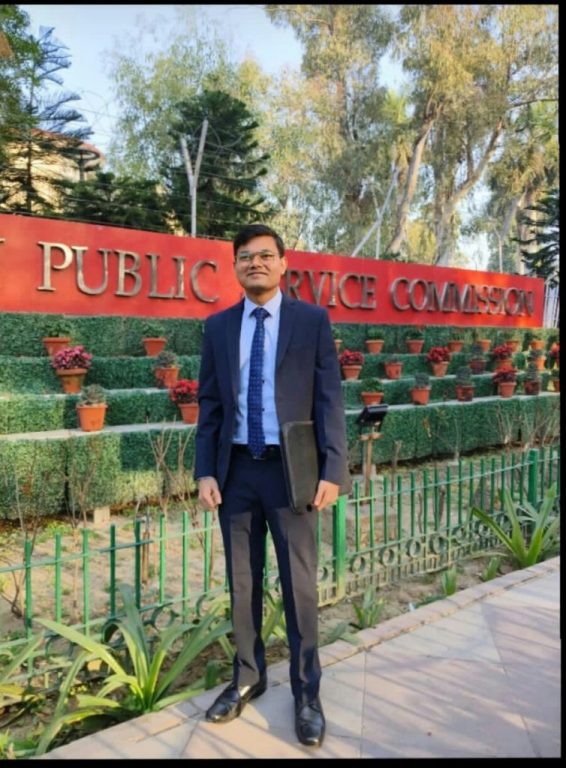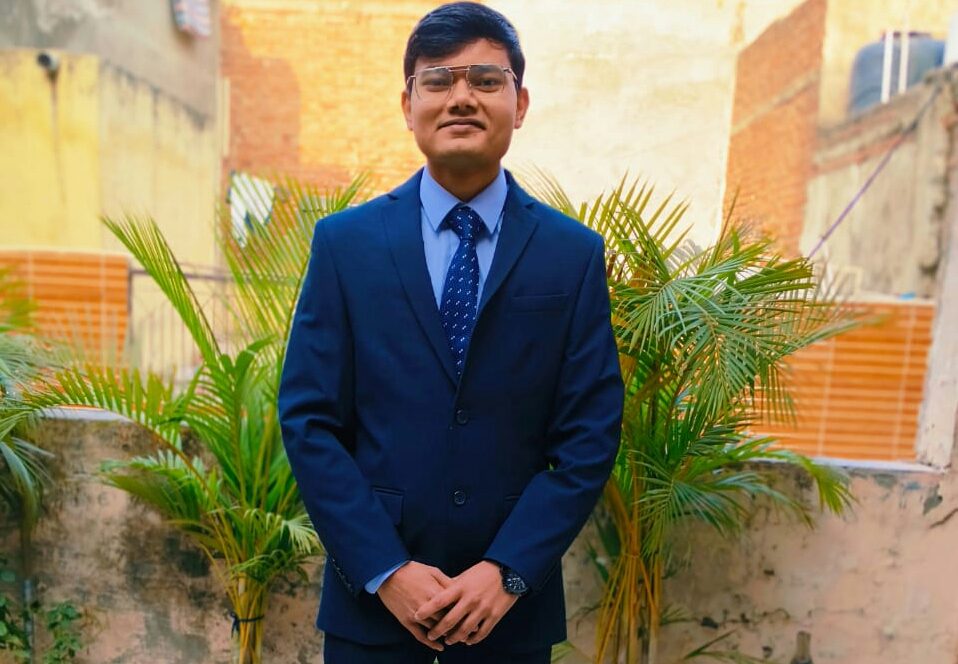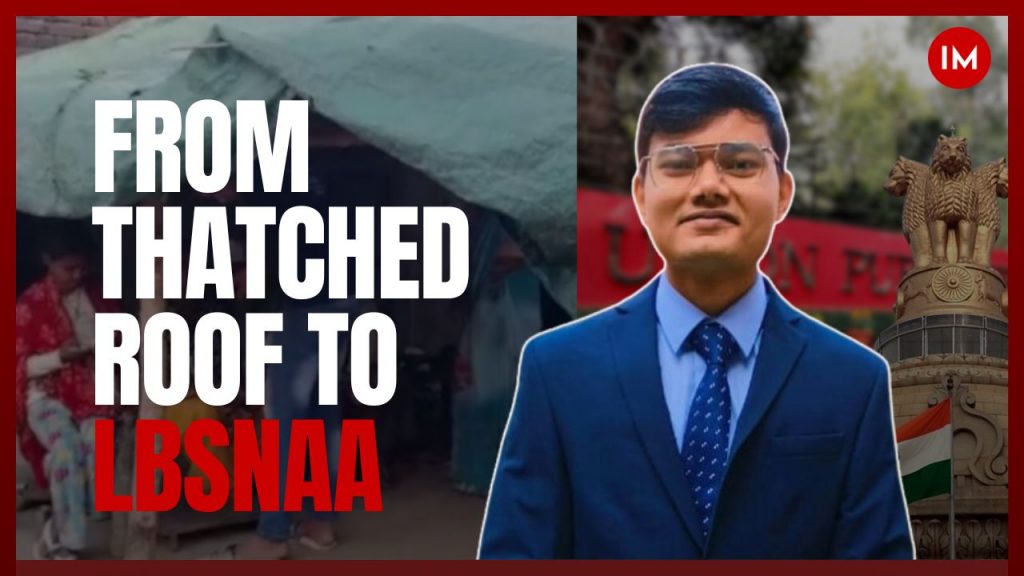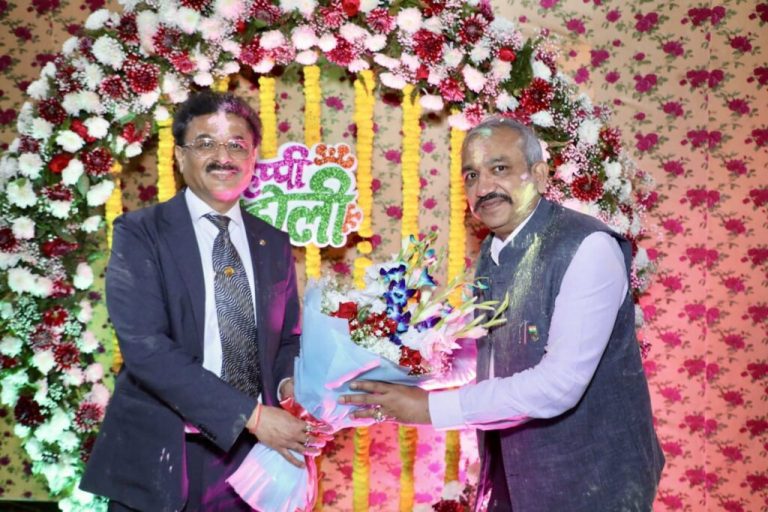Pawan Kumar was born in a thatched mud house in Bulandshahr, Uttar Pradesh. A photograph of his house has gone viral, showing his family sitting on a cot under a thatched roof covered with tarpaulin. The photo also shows a couple of cattle tied to a corner of the same ‘room without four walls’. His father is a marginal farmer with four bigha plots of land who finds occasional jobs under the Mahatma Gandhi National Rural Employment Guarantee Scheme (MNREGA), and his mother is a homemaker.
The video was shared first by 2009-batch IAS Awanish Sharan, who is at present DC, Bilaspur, in Chhattisgarh.
पवन का घर. इन्होंने सिविल सेवा परीक्षा में में 239वीं रैंक पायी है.
— Awanish Sharan 🇮🇳 (@AwanishSharan) April 16, 2024
मेहनती लोग अपना भविष्य ख़ुद लिखते हैं.❤️ pic.twitter.com/4yJeZ11tyy
After Pawan succeeded in UPSC CSE, his mother told a section of the media that she didn’t have money to refill the LPG cylinder. She cooks on an earthen stove (chulha) by burning wood.
But Pawan always dreamt big. Despite financial limitations, he harboured a single, powerful ambition: to become an IAS officer and give back to his community. In an engaging conversation with Indian Masterminds, Pawan shared about his UPSC journey.
A CHILDHOOD DREAM
A native of Raghunathpur village in Bulandshahar district, he studied in Novadaya Vidyalaya before leaving for Allahabad to do graduation in Arts (BA).
His journey began with a nudge in the right direction. A childhood principal, recognizing Pawan’s potential, introduced him to the idea of the UPSC exam, the gateway to becoming an IAS officer. This planted a seed in his mind, and by the time he reached Allahabad University, the dream had taken roots. He went to Delhi to prepare for the UPSC.

THREE ATTEMPTS
The UPSC exam is tough, and Pawan’s path to success wasn’t easy. His first attempt ended in disappointment, falling short of the prelims by a single mark. “This became a motivation for me,” Pawan shared. He saw it as a sign that he was close, and with renewed focus, he appeared for the exam again.
This time, he cleared the prelims but couldn’t make it through the mains. Yet, Pawan wouldn’t be discouraged. He took coaching for his optional subject, geography, leveraging his learnings from his Bachelor’s degree. For the other subjects, he meticulously studied the prescribed materials, practiced mock tests, and tapped into the knowledge of his fellow aspirants.
Financial constraints did make things challenging. During the initial COVID year, preparing from home was the only option. While ideal, it wasn’t easy. He considered a part-time job to ease the burden, but it ended up impacting his studies. “My family remained my rock, they provided me with unwavering support and encouraged me to focus solely on my dream,” Pawan shared.
Finally, in his third attempt, success arrived. Pawan aced all stages of the exam, securing an impressive All India Rank of 239. The phone call to his mother, her words – “Your hard work has paid off” – resonated with the years of tireless effort.
PREPARATION STRATEGY
Pawan’s strategy for success is simple yet powerful: focus on the process, not the result. He emphasizes the importance of self-analysis, creating a personalized study plan, and surrounding oneself with supportive friends and mentors. “For prelims, I read thoroughly all the content of all the six subjects that are there in the prelims exam, solved previous years questions and gave numerous mock tests.”
For the mains exam,he relied on various resources to cover different subjects. To delve into modern history, he turned to Spectrum, supplemented by notes from both his peers at the coaching institute and materials shared by a friend. “I read Lakshmikanth for polity, while I sought assistance from another friend, who was attending coaching, to navigate economics.” To tackle Environment and Science and Technology, he scoured online sources for comprehensive understanding.

MESSAGE FOR ASPIRANTS
“I would like to convey that aspirants shouldn’t follow me blindly,” he said. He acknowledges that every aspirant has unique strengths, and blindly following someone else’s path might not be the best approach.
Self-analysis is key; aspiring candidates should critically evaluate their decisions, maintaining honesty with themselves. Focus on the journey rather than fixating solely on the outcome, emphasizing diligent process-oriented work.
































